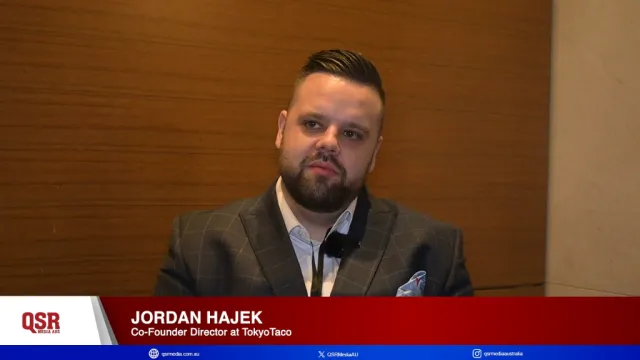How much time and money are you spending resolving workplace disputes?
By Victoria DavidsonA recent study from the UK estimates employers are spending over $50 billion every year on
workplace disputes. And, according to internationally renowned mediator and conflict specialist Jane Gunn, this doesn’t cover the costs incurred dealing with lost leadership time, sick days taken, loss of talent through resignations and the effect on work culture. And understandably, as these are almost impossible to quantify but they have real impacts on business performance.
Workplaces are full of conflict, and we cannot pretend otherwise. Good leaders know that no matter the team culture, disagreements occur. How these disagreements are handled gives greater insight into the business’s culture than the fact that the dispute happened in the first place. We all know that feedback must be timely, specific and explain the impact the behaviour is having.
We also know how hard these conversations can be at times. Resolving disputes requires the same approach. Letting issues fester makes them harder to resolve and allows them to seep into other areas of the business. Addressing them directly, without judgment or preconceptions, demonstrates to those involved and to the whole team, that their issues are important. Avoiding the issue and hoping it will resolve itself sends a message that management are unwilling to engage and possibly do not care.
The amount of time and money spent on recruiting and training staff alone gives a reason for business managers to care about staff. The best managers and leaders know that good team dynamics result in higher staff retention and higher turnover. Attending promptly and reasonably to workplace issues is a matter of priority for good business.
As much as we try to manage workplace issues, they can escalate and become difficult to resolve internally. External avenues of resolution, such as the Fair Work Commission or legal proceedings, can be expensive and time consuming. And these processes can damage reputations, for the employer and employee and the relationship between them.
Alternative dispute resolution, while an external method of redress, differs from these as it is private and confidential, as far as the law allows. This benefits all participants in preserving reputation, saving costs and maintaining the relationship.
Remember, how a business deals with the conflict of one employee will be noticed by other employees and will potentially affect the culture and dynamics of the whole team. Seeking help from a mediator early in the dispute is optimum. Good mediation leads to improved communication between the participants, a deeper understanding of the issues involved and a greater chance of a mutually agreed resolution.
Considering how much unresolved workplace disputes can cost a business, it is worthwhile addressing the issues early and getting in an independent and impartial mediator to assist in an amicable resolution.



























